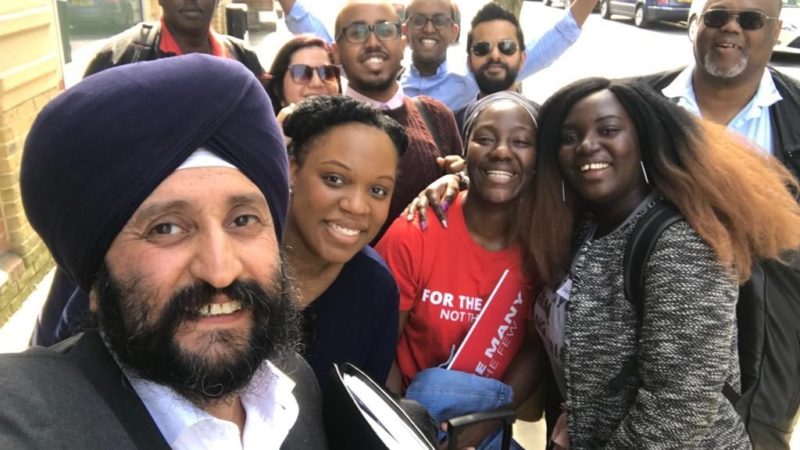
During my recent attempts to be elected to Labour’s national executive committee, I spoke a lot about maintaining and growing the ‘broad church’ tradition of the Labour Party. The recent resignation of eight excellent Labour MPs, I fear, is another nail in the coffin of that broad church ethos.
For many long standing members, the Labour Party we know, love and have campaigned for has changed beyond all recognition around us. I am deeply saddened and disappointed that eight of our parliamentary party have felt the need to resign, particularly with one of the reasons being the un-checked antisemitism in the party.
My own journey is that I joined in 1988 as a 16-year-old and have been a member ever since. I’ve campaigned in all manner of elections, for candidates of a range of politics, often only united by the Labour Party rosette on their lapel. I’ve attended all manner of meetings and conferences, participated in debates and campaigns in support of my democratic socialist politics and values of equality, internationalism, community, patriotism and inclusion.
In all those years, whether in power or in opposition, a fundamental principle ensured that despite our differences we stuck together to fight and win against our electoral enemies, to be able to deliver real change for our communities. This basic principle – the acceptance of difference amongst our elected representatives – is the foundation on which our broad church is built. Losing sight of it means we fragment, unable to win elections and deliver change for the most vulnerable in our society.
The acceptance by members that their elected representatives may hold fundamentally different views on policy or organisational matters, yet can still be a legitimate representative worthy of support, is something people of all political backgrounds in our party have benefitted from over the years.
Perhaps one of the most high-profile beneficiaries is the current leader of the Labour Party, Jeremy Corbyn. During NEC election campaigns, I was often asked what I meant by a broad church Labour Party. I developed a simple definition: one in which a Labour MP can vote against the whip hundreds of times, still be accommodated within the party, and go on to be elected leader.
This is not meant as a criticism of Corbyn. This is simply a statement of fact and a representation of the broad church approach inherited by the current leadership of the party. I have said previously the current collective leadership (leader, frontbench, NEC) will be judged ultimately on how they protect and nurture this tradition for future generations.
I fear that rather than embracing it, the current leadership is actively pursuing factional purity in a way that will destroy the Labour Party and any chance to win the next general election, whenever it happens. It is not too late to choose a different path – but if there is no change soon, history will not be kind and future generations will not forgive us.
This piece was commissioned by Labour Together, which is guest editing LabourList this week.




More from LabourList
Nudification apps facilitate digital sexual assault – and they should be banned
Diane Abbott suspended from Labour after defending racism comments
Labour campaign groups join forces to call for reinstatement of MPs